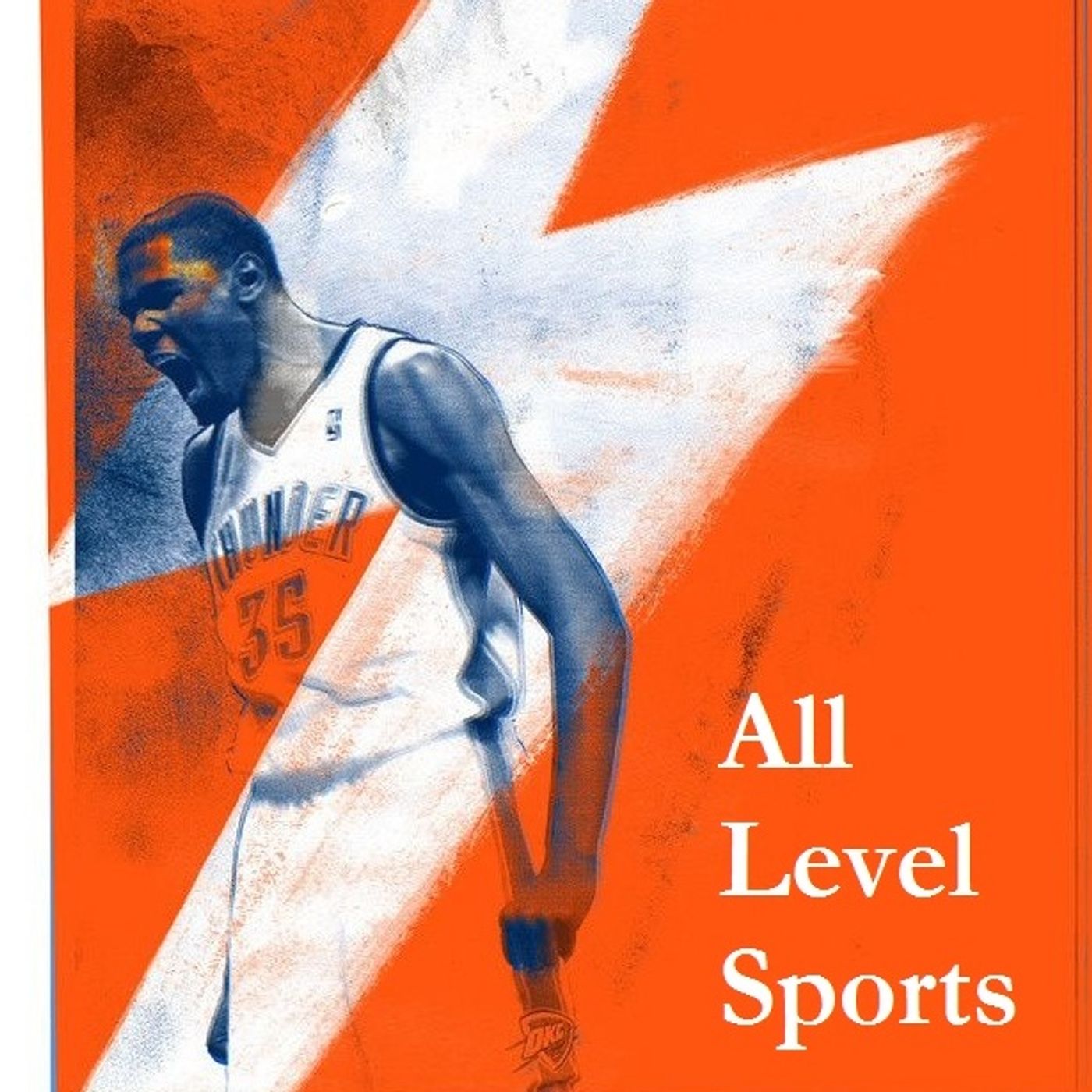Kent Babb Releases The Book Across The River

b'There are two New Orleans: the glamorous party city that tourists see and the day-to-day reality of the heavily segregated Black neighborhoods outside the French Quarter. That more real New Orleans is defined by economic inequality, street violence, drugs, and institutional racism. For the young people born and raised there, it is the land of no opportunity\\u2014indeed, many struggle just to survive to adulthood.
One of the few paths to success for teenage boys is football, which offers a way out with the promise of college scholarships and the possibility of a lucrative pro career. But it is too easy for even the most talented high school players to get off track when faced with the fraught daily reality of life. It takes a special person to guide these young men away from preordained failure and toward success\\u2014and even to keep them alive. In Algiers, on the West Bank of the Mississippi River, that person is Edna Karr High School coach Brice Brown.
Award-winning sportswriter Kent Babb first told the inspiring story of Brice Brown in the Washington Post. Now, in ACROSS THE RIVER: Life, Death, and Football in an American City (HarperOne; August 10, 2021; $27.99), Babb goes deeper, widening the narrative with intimate portraits of Brown\\u2019s players, staff, and surroundings in an ever-tested community. Blending aspects of such disparate classics as Friday Night Lights, The Yellow House, and Ghettoside, Babb\\u2019s accomplished multi-character narrative illuminates many lives and captures the pulse of New Orleans in all its turbulence, complexity, and defiance.
Thirty-four-year-old Brice Brown found high school coaching after his own college football career. As Babb\\u2019s intensive time spent with him begins, Brown has already led Karr\\u2019s team to three consecutive state championships in Louisiana\\u2019s ultra-competitive Class 4A division, and he and everyone in the tight-knit program are primed for a historic fourth win. \\u201cCommunities such as Algiers rely on the sport as an important incentive and a vehicle to teach life skills and teamwork,\\u201d Babb observes. \\u201cBrown, for his part, uses the game to teach players that they can, and should, leave the West Bank forever. But first they must survive.\\u201d To this end, the brainy and idiosyncratic coach is like a foul-mouthed version of a community preacher. Even after practices, he keeps close tabs on his players via cell phone, patrolling their neighborhoods, often giving them (and even their parents) cash from his own pocket for daily essentials. He rides them hard when he sees their attention flagging because of the outside demands their tough existences place on them.
Hanging over Brown, and the program, is the death of Karr\\u2019s former star quarterback, Tollette \\u201cTonka\\u201d George, whose shooting near a local gas station remains unsolved. It haunts the community, not least of all the young man\\u2019s mother and the minor-celebrity NOPD homicide detective assigned to investigate Tonka\\u2019s murder. Brown is determined to protect the young men on his team from a similar fate. One, who never knew his father and lives on his own while his mother is in prison, is a brooding natural athlete with the weight of the world on his young shoulders. The quarterback pushes against his father\\u2019s expectations and ambitions, and a wide receiver squanders his middle-class advantages and gets into trouble with the law. One younger teammate manages to win Brown\\u2019s outwardly hardened heart with his irreverent energy and humor, gaining the fatherly affection of a coach who\\u2019s usually all-in on football, which often comes at the expense of his own personal life. More often than not, Brown also quietly takes care of his staff, assuming their financial worries or life crises as his own.
As the team makes its way through the season and reaches the playoffs, Brown also jockeys behind the scenes to secure places and scholarships for his players at colleges, showing them a path to the future of which they might otherwise be unaware. Meanwhile, Brown repeatedly puts his own future on hold, refusing to pursue career opportunities that would reward his singular talents and passions. As Kent Babb takes readers inside the lives of Brown and his players, he paints an unforgettable portrait of a community mired by relentless violence and pain, but also dedication and love. Featuring eight pages of full-color photos, ACROSS THE RIVER is an arresting testament to the turbulent and tough roots of America\\u2019s game and its indelible place as a pathway of hope in the lives of so many.'